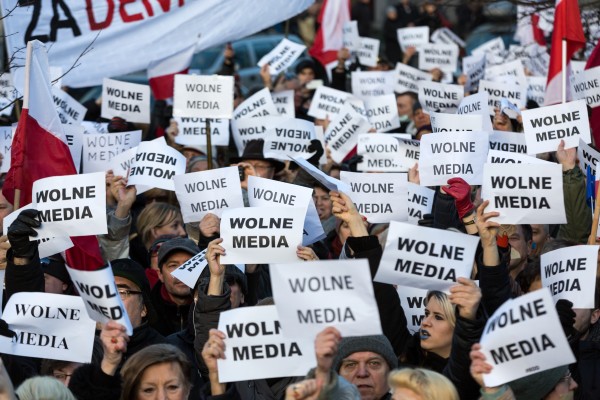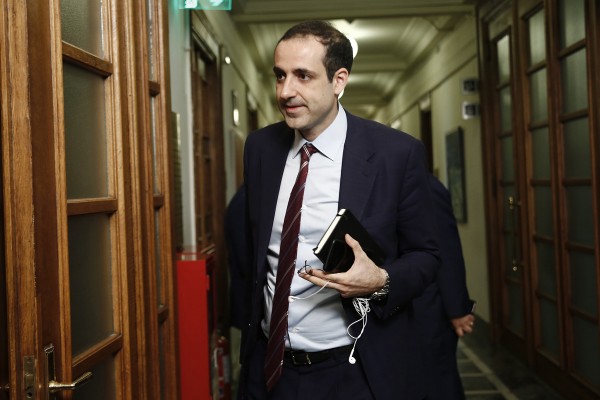At its meeting, held in Vienna, Austria, on 23 November 2002, the Executive Board of the International Press Institute (IPI) unanimously agreed to keep Russia, South Korea, Sri Lanka, Venezuela and Zimbabwe on the “IPI Watch List”.
IPI Director Johann P. Fritz said, “The October hostage incident in Moscow shows that President Putin continues to be obsessed with impeding the free flow of information. The media were entitled to report on this event but were prevented by the excessive secrecy of the Russian government and its agencies.”
Speaking of South Korea, Fritz said, “The IPI board expressed its concern that the media will continue to have problems in the lead-up to the presidential elections. For this reason, IPI believes that South Korea should remain on the ‘IPI Watch List’. To remove it at this crucial time, would only serve the interests of the enemies of the media.”
Concerning Sri Lanka, the IPI board decided to keep the country on the “IPI Watch List” for a further six months and will remove the country at its next board meeting in Nairobi, Kenya, if further improvements are carried out.
Fritz said, “Although I am concerned about the recent accreditation problems of the journalist Paul Harris and the threats of violence, the media scene in Sri Lanka has improved and there are great hopes for the future. The decision to repeal the defamation laws is the first step in a projected plan that will make Sri Lanka one of the freest and most open countries in Asia. It is to be hoped that the prime minister continues with his reforms.”
Regarding Venezuela, President Chavez has created a climate of intimidation and hostility towards the media. Acknowledging this, IPI and the Miami-based Inter American Press Association (IAPA) went on a joint mission to the country. Speaking of the mission’s findings, IPI Chairman Jorge Fascetto said, “We concluded that Chavez’s aggressive rhetoric is an incitement to physical violence against the press. Because of this we had no choice but to keep Venezuela on the ‘IPI Watch List’.”
On the question of press freedom in Zimbabwe, Fritz commented, “With the media hemmed in on all fronts, it is all but impossible to highlight a positive feature in the Zimbabwean media scene. The overwhelming impression left by the government is that it cares neither for press freedom nor how it is perceived by the outside world.”
Devised by IPI, the “IPI Watch List” is a mechanism to detect and document regressive tendencies in countries that appear to be moving towards restricting press freedom. Each country’s status on the “IPI Watch List” are be evaluated twice yearly by the IPI board.
Aside from discussing the “IPI Watch List”, IPI and the International Federation of Journalists (IFJ) agreed on a joint venture to create a world-wide network to improve the standards of safety for journalists. After stating that there is a growing realisation that safety is of prime importance, IFJ Secretary General Aidan White said, “We need to make safety accessible to all journalists. There must be an international sharing of information and a means of verifying training standards.”
The planned network was unanimously supported by the IPI board. A meeting to discuss the network will be held at the International Press Centre, Residence Palace, 155 rue de la Loi, Brussels, Belgium, on Friday, 29 November 2002.


